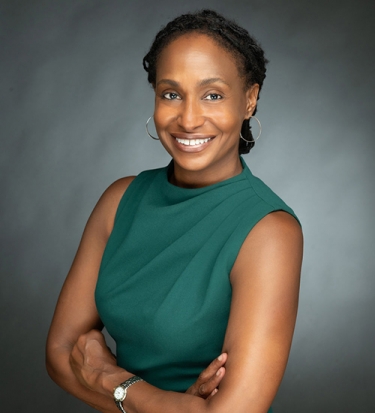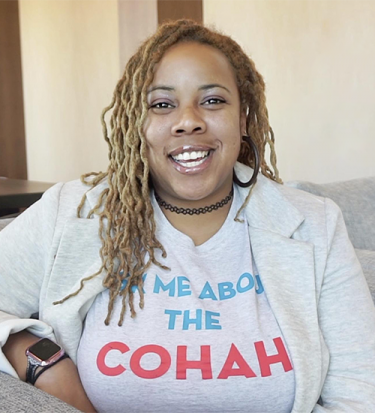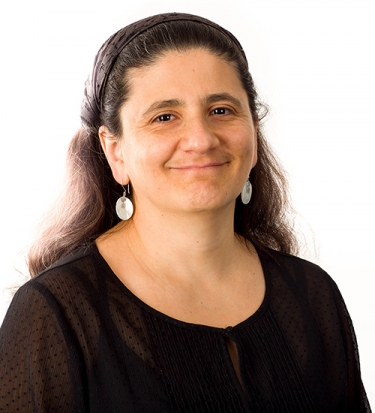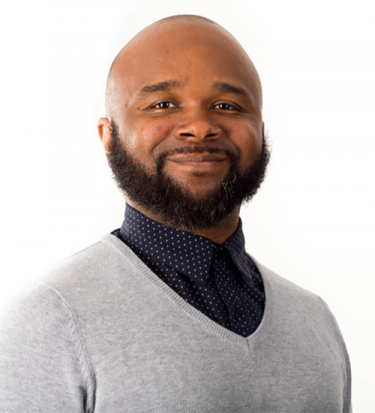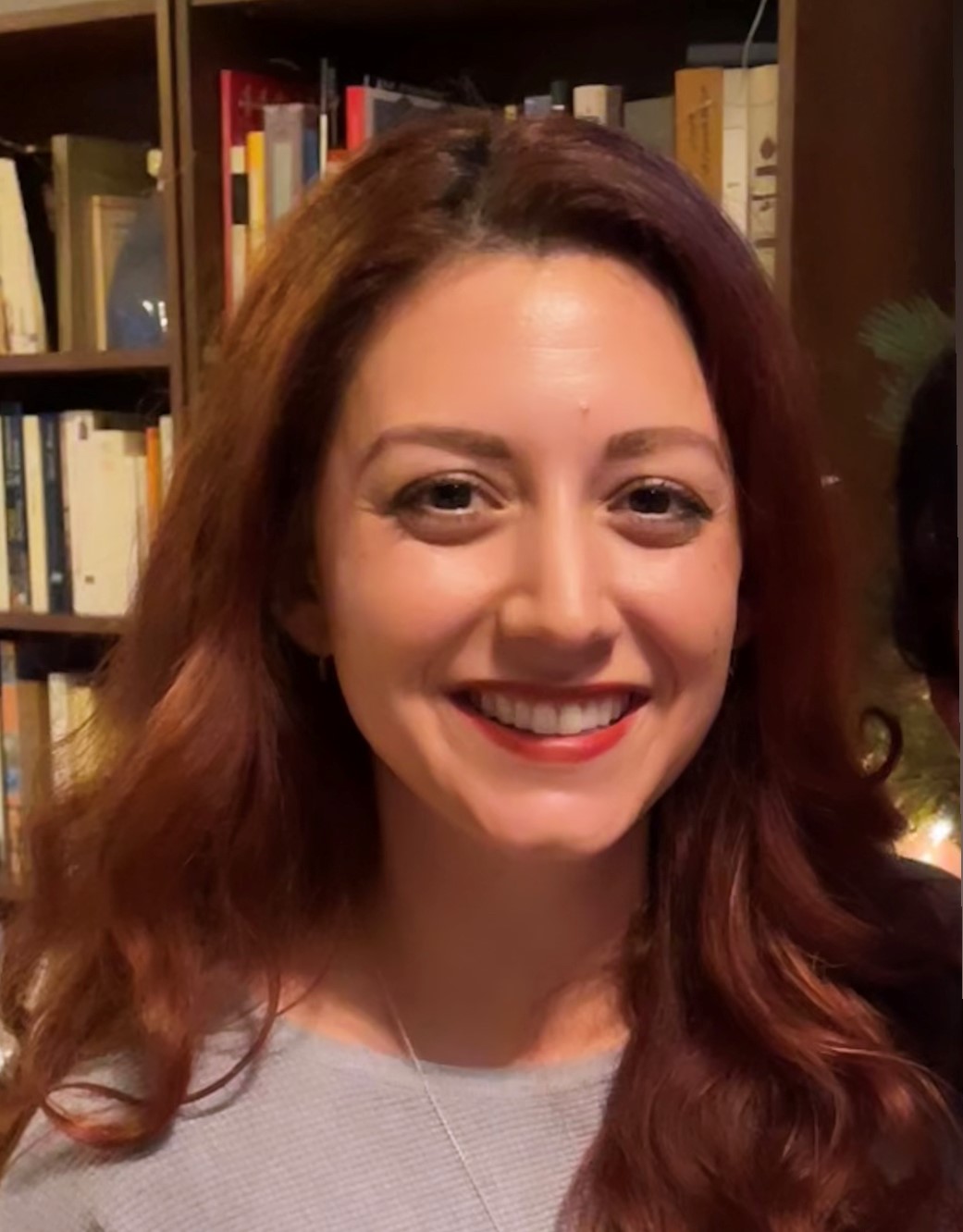Our Team
Lisa Bowleg, Ph.D., M.A.
Founding Director and Co-Director of Programs
(202) 994-1367
lbowleg gwu [dot] edu (lbowleg[at]gwu[dot]edu)
gwu [dot] edu (lbowleg[at]gwu[dot]edu)
Dr. Lisa Bowleg is the Founding Director and Co-Director of Programs of the Intersectionality Research Institute. An applied social psychologist by training, Dr. Bowleg is a Professor of Applied Social Psychology in the Department of Psychological and Brain Sciences at GW, Director of the Social and Behavioral Sciences Core of the DC Center for AIDS Research, and an associate editor at the American Journal of Public Health, and editor of that journal’s Perspectives from the Social Sciences section.
Dr. Bowleg is a leading scholar of the application of intersectionality to social and behavioral science research, and is the current principal investigator of two intersectionality-focused research projects funded by the National Institutes of Health focused on Black men’s health: Strengths and Stressors, and PRISM; and the WK Kellogg Foundation-funded Intersectionality Toolkit Project.
Dr. Bowleg has deep roots at GW. She earned her doctorate in Applied Social Psychology (1997) and her Master’s in Public Policy with a concentration in Women’s Studies (1992) from GW.
A select list of her articles on intersectionality includes:
- “We’re Not All In this Together: On Covid-19, Intersectionality and Structural Inequality,” published in American Journal of Public Health in 2020.
- “Invited Reflection: Quantifying Intersectionality,” an article co-authored with Dr. Greta Bauer, published in Psychology of Women Quarterly in 2016.
- “'Once You’ve Blended the Cake, You Can’t Take the Parts Back to the Main Ingredients': Black Gay and Bisexual Men’s Descriptions and Experiences of Intersectionality,” an article published in Sex Roles in 2013.
- “The Problem with the Phrase 'Women and Minorities,' Intersectionality, an Important Theoretical Framework for Public Health", published in the American Journal of Public Health in 2012; and
- “When Black + Lesbian + Woman ≠ Black Lesbian Woman: The Challenges of Qualitative and Quantitative Intersectionality Research” published in Sex Roles in 2008.
Jenné S. Massie, Dr.PH., M.S.
Deputy Director
massiej gwu [dot] edu (massiej[at]gwu[dot]edu)
gwu [dot] edu (massiej[at]gwu[dot]edu)
Dr. Massie is the founding Deputy Director of the Intersectionality Research Institute and oversees community engagement for the IRI. In addition to her role as a Senior Research Scientist on Dr. Bowleg’s Team Represent at GWU’s department of Psychological and Brain Sciences, Dr. Massie is also a Commissioner and Chair of the DC Department of Health Regional Planning Commission on Health and HIV (COHAH) and Community Engagement and Education Committee (CEEC), respectively. She is a Co-Investigator and Project Director for the Intersectionality Toolkit Project, and D(Seeing) Project.
Dr. Massie completed her doctorate in Public Health at Drexel University’s Community Health and Prevention Department and holds a Master in Sport Psychology from Temple University. She also holds a B.A. in Psychology and a B.A. in Exercise and Sport Science from the University of North Carolina at Chapel Hill.
Ana María del Río González, Ph.D., M.A.
Research Scientist
(202) 994-3851
adelrio gwu [dot] edu (adelrio[at]gwu[dot]edu)
gwu [dot] edu (adelrio[at]gwu[dot]edu)
Dr. Ana María del Río González, a Research Scientist at the Intersectionality Research Institute, is an Assistant Research Professor in the Department of Psychological and Brain Sciences at GW, and a methodological consultant for the Social and Behavioral Sciences Core of the DC CFAR. She is the principal investigator of the research project, “PrEP Intentions and Use among Latina Immigrant Transgender Women in the DC Metropolitan Area.” Funded by the Adelante program of the Emory’s and DC’s CFAR, the goal of Dr. del Río González’s study is to identify individual and social-structural factors associated with intentions to use and actual use of Pre-Exposure Prophylaxis (PrEP) for HIV prevention among Latina immigrant transgender women. She is also a co-investigator on the Strengths and Stressors and PRISM studies.
Dr. del Río González completed her doctorate in the Applied Social Psychology program at GW and holds a Master in methodology for the behavioral and health sciences form the Universidad Autónoma de Madrid (Spain) and a Masters in Psychology with emphasis in Health from the Universidad Nacional de Colombia.
Riko A. Boone, M.S.W., M.P.H., M.A.
Doctoral Research Assistant
riko [dot] boone gwu [dot] edu (riko[dot]boone[at]gwu[dot]edu)
gwu [dot] edu (riko[dot]boone[at]gwu[dot]edu)
Riko, a Doctoral Research Assistant at the Intersectionality Research Institute, is a doctoral candidate in GW’s Applied Social Psychology program. Riko’s research interests include: improving HIV-related health and mental health outcomes among socially and economically vulnerable communities; and intersectionality as a framework for examining resilience and risk among sexual minorities and gender expansive people. Additionally, Riko's research focuses on evidence-based social-psychological and social-structural interventions to increase diversity, inclusion, and leadership of persons from historically underrepresented groups in biomedical research and academia, with a focus on racial/ethnic, sexual and gender minorities.
Prior to beginning doctoral studies, Riko's career included a multitude of professional experiences providing counseling, case management, and implementing health interventions with families impacted by HIV/AIDS and cancer; LGBT youth and youth with experience of homelessness; and gay, bisexual and other men who have sex with men (MSM), with a focus on racial/ethnic minority men.
Riko holds a B.A. in Community Health, Maternal and Child Health from Brown University; an M.P.H. in Health Promotion, Research and Practice from Columbia University's Mailman School of Public Health; an M.S. in Advanced Clinical Social Work Practice with a focus on Health, Mental Health and Disabilities from Columbia School of Social Work; and an M.A. in Psychology from GW.
Mary Mbaba, M.P.H.
Doctoral Research Assistant
mbaba gwu [dot] edu (mbaba[at]gwu[dot]edu)
gwu [dot] edu (mbaba[at]gwu[dot]edu)
Mary Mbaba, a Doctoral Research Assistant at the Intersectionality Research Institute, is a fourth year doctoral candidate in GW’s Applied Social Psychology program. Originally from Stone Mountain, GA, she attended the University of Georgia where she studied Psychology/Pre-Medicine. She then earned her MPH in 2012 from Emory University’s Rollins School of Public Health in Behavioral Science and Health Education with a certificate in Social Contextual Determinants of Health. Since then, she has worked to develop public health campaigns for Black MSM patients and their health care providers and has conducted research with justice-involved and substance using populations.
Mary’s current research seeks to understand theory driven processes (e.g. biases, stereotypes) that shape the social structural determinants (e.g. the criminal justice system, neighborhoods) of Black peoples’ health and wellbeing (e.g. coping, depression, HIV prevention). She is also a yoga instructor and event host (@vinylandvinyasa) in D.C
Arianne Malekzadeh, M.A.
Doctoral Research Assistant
amalekzadeh gwu [dot] edu (amalekzadeh[at]gwu[dot]edu)
gwu [dot] edu (amalekzadeh[at]gwu[dot]edu)
Arianne is a first year doctoral student in GW’s Applied Social Psychology program. Her research interests include structural discrimination, intersectionality, and women’s health. Prior to beginning her doctoral studies, Arianne worked as a global health research and policy analyst at the Fogarty International Center of the National Institutes of Health (NIH). During her nearly six years there, Arianne built a trans-NIH project on cross-cutting stigma and discrimination reduction research, and contributed to research agenda-setting and capacity-building projects related to brain disorders, implementation science, and reciprocal innovation.
Arianne earned her B.A. in Political Science (2013) from Loyola Marymount University and her M.A. in Conflict Resolution (2015) with a focus on global health from Georgetown University. She has been a yoga instructor since 2016


